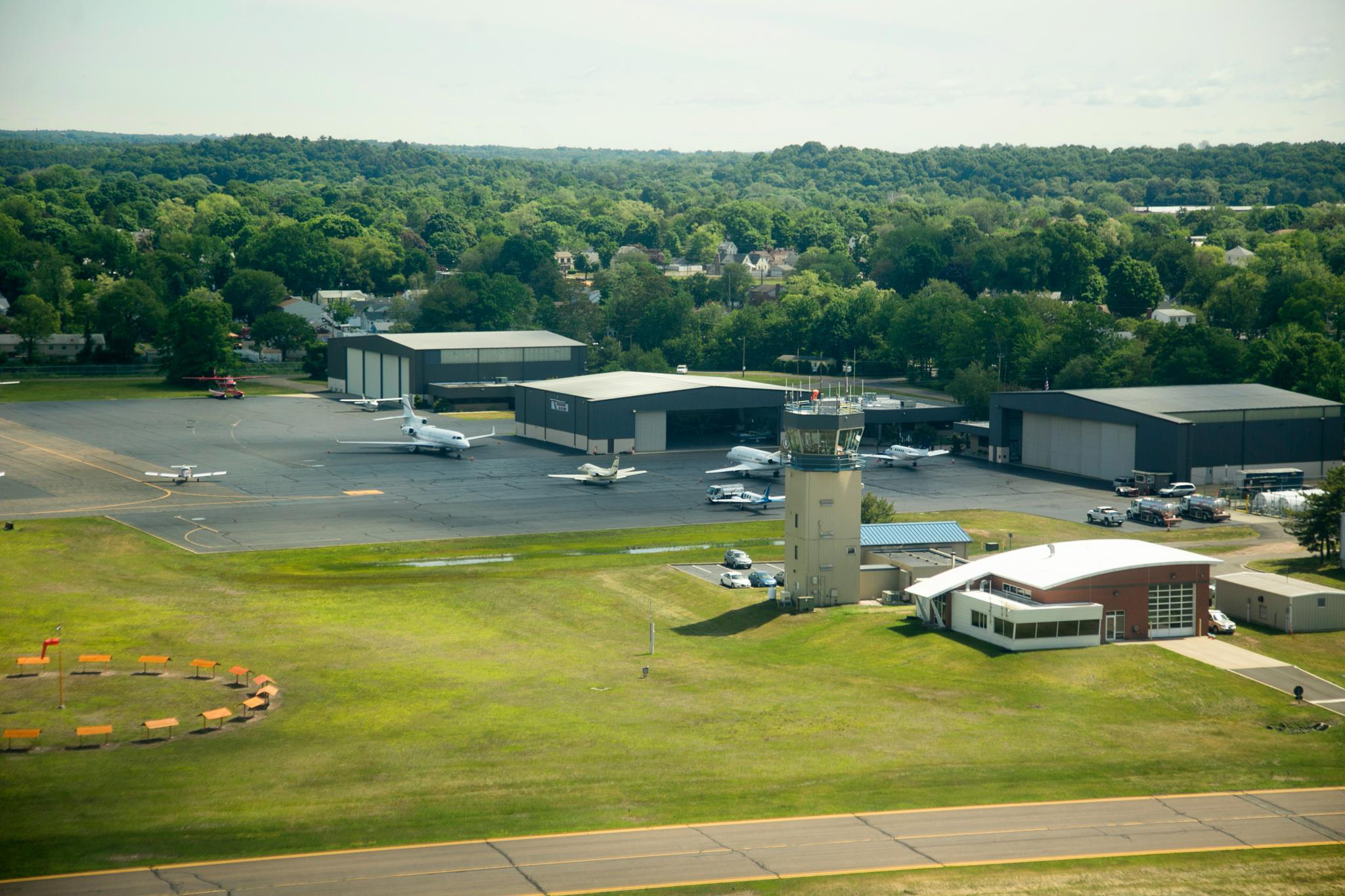
Wikimedia Commons
Tweed-New Haven Airport officials and the Connecticut state government went to trial before a federal magistrate judge late last month over a dispute over a law that limits the length of the airport’s main runway.
Tweed’s main runway is 5,600 feet — a runway that, according to Hugh Manke, the lawyer for Tweed-New Haven airport authority, limits the airport’s capabilities and makes it unable to support aircrafts with a significant number of passengers. The Tweed-New Haven airport authority currently has a mandate from the Federal Aviation Administration to expand its main runway to 7,200 feet. However, this mandate is being hampered by a 2009 state statute that limits the length of state runways to 5,600 feet.
U.S. Magistrate Judge Robert Richardson did not issue a ruling on the contradictory laws on March 22, the day the airport and government officials met in court in Hartford. Post-trial briefs will be filed in the coming weeks, according to Manke, and a decision by Richardson is expected in the summer.
“The state statute is making it impossible for us to provide the kind of service people in this region really want,” Manke said. “We need a longer runway in order to get planes to places like Charlotte, N.C., Atlanta and Chicago.”
The trial last month was dominated by the allegation that the state statute is unconstitutional based on the Constitution’s supremacy clause, which invalidates state laws that interfere with federal laws.
Given the FAA mandate to expand Tweed service, the state statute should be overturned, Manke said.
“There has been a long history of cases in which the conflict between a federal statute and a state statute can result in the overturning of a state statute,” he said.
And in addition to limiting the airport’s expansion, the state statute could also cause Tweed to lose some of its existing services, Manke said. Tweed’s main flight to Philadelphia, run by American Airlines, is phasing out the aircraft it uses, and the replacement aircraft will most likely need a longer runway.
If the Philadelphia flight were canceled, Tweed could lose its main service of commercial revenue.
FAA records show the mandate sent to Tweed approves the construction of a longer runway, but they also demonstrate that many residents have concerns with how the expansion could affect both the environment and lifestyles of residents.
Though Manke conceded that there has been an issue with residents who do not want planes coming in and out of their neighborhood, he said that happens to all neighborhoods located near airports. He also said the court mostly focused on the issue of the conflict between the FAA mandate to expand service and the state statute, and did not pay as much attention to the pros and cons of the runway.
New Haven’s airport opened on Sept. 29, 1931.
Interested in getting more news about New Haven? Join our newsletter!







